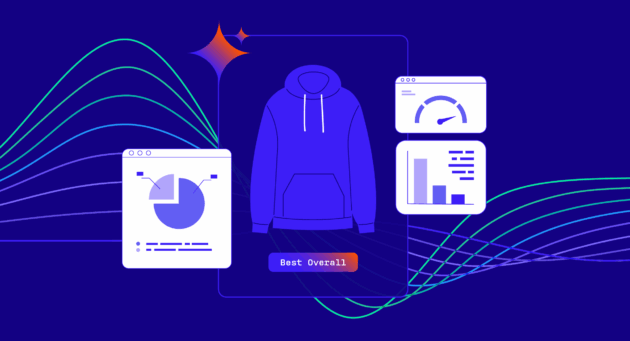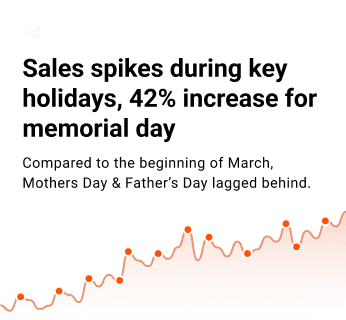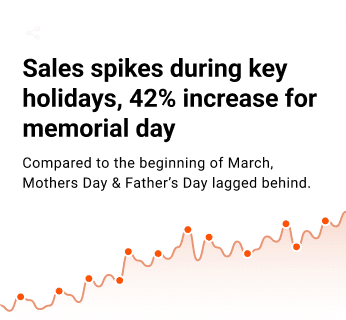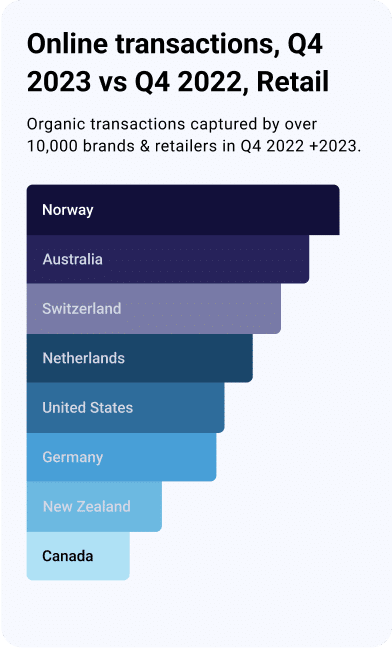Over the last several years, the number of Data Scientist (DS) roles has grown significantly. This type of role can carry multiple definitions, and one of the most notable impacts has been the way that it’s changed the perception of another precious and longstanding type of role: Data Analysts (DA). Based on my 10 years in the Analytics & Data Science environment, here’s why the growing popularity of DS roles shouldn’t impact the way we view DA roles.
The Future of Analytics and Data Science Roles
At Criteo, I have the opportunity to sit on the Global Analytics and Data Science Council, composed of company-wide leaders aiming to shape the future Analytics and Data Science roles at our company. As part of this initiative, we’ve had to deal with the rise of the Data Science title, not to mention the many buzzwords that accompany it.
Outside my role at Criteo, I’ve also had the opportunity to exchange opinions with experts from disruptive and innovative start-ups to more mature scale-ups. All conversations on this topic have led to a consistent conclusion: It’s concerning how the rise of the DS role has marginalized the longstanding importance of the DA role.
Confusion still exists between Data Scientist and Data Analyst roles but, above all, DS is often perceived as an upgraded and better version of DA. One of the regrettable consequences is that those in DA roles feel pressure to be renamed DS, as if DA is now old-fashioned. These two profiles sometimes overlap in terms of skill sets, but there are some key differences. And while they’re both big pieces of a data-driven organization, there are some critical things to understand.
Data Analysts aren’t simply the predecessors of Data Scientists.
Based on the current conversation, one can be left with the impression Data Analysts are the ancestors of Data Scientists, left behind over the course of the natural evolution. But that’s the wrong way to look at it. Here’s why:
1. The distinction relies too heavily on trending topics & buzzwords.
After the Big Data era came Machine Learning, and now “AI” is the hot buzzword. DS naming in the industry has taken the same path.
A lot of companies try to surf the wave by attracting brilliant analysts offering pretend DS roles. Although it is not necessarily 100% true, it looks sexy. A quick look at LinkedIn jobs reveals three times more Data Scientist roles than Data Analysts.
2. Data Analytics has been mistakenly devalued.
Despite the fact that Data Analysts and Data Scientists demonstrate a partly common skillset, their mission should help distinguish them. They are not expected to use and develop same skills.
Data Analysts focus on business-immediate, actionable insights. They are closer to the business decision-makers and are facing strict timeline constraints. Their job is to help drive strategic business decisions under the same constraints business leaders face: shorter topic lifecycles, highly competitive environments, live client-facing discussions, revenue pressure, and more.
It doesn’t mean they’re not able to drive longer term topics, but this is simply not where they add the most value.
3. Data Analysts know the industry ecosystem, the products, and the market numbers.
In fact, if your dream is to become a business executive, you set yourself up for success by having a base of experience as a Data Analyst. It’s not only about what you can or can’t do: It’s also about what business impact you want to have.
Data Analysts are in a better position to communicate to audiences across different teams and help break down the findings. They can easily adapt their vocabulary and pitch depending on who’s in the room.
4. Many executives view Data Analysts as business advisors.
As a matter of fact, I have been leading for years what could be called Data Analytics or Data Science in many other companies. I know firsthand that Data Scientists bring huge added value if appropriately leveraged: in depth analyses and predictive tooling, for instance.
However, they will not replace Data Analysts when it comes to influencing business strategy and understanding. I can tell business executives are more and more eager to work closely with the Data Analysts that they consider precious business advisors.
Data Analysts and Data Scientists are strongest when they evolve together.
The rise of Data Science naming has helped me reshape my understanding and clarify the value added by DA versus DS roles. This is perfect opportunity to reiterate the importance of DA and take the time to spotlight its benefits. Long live the Data Analyst!





















